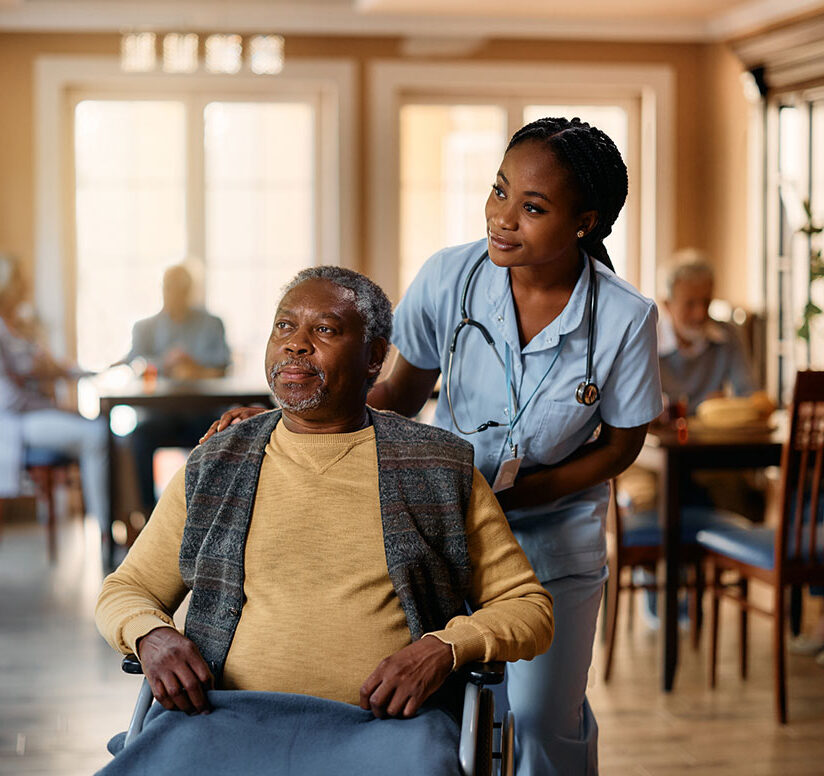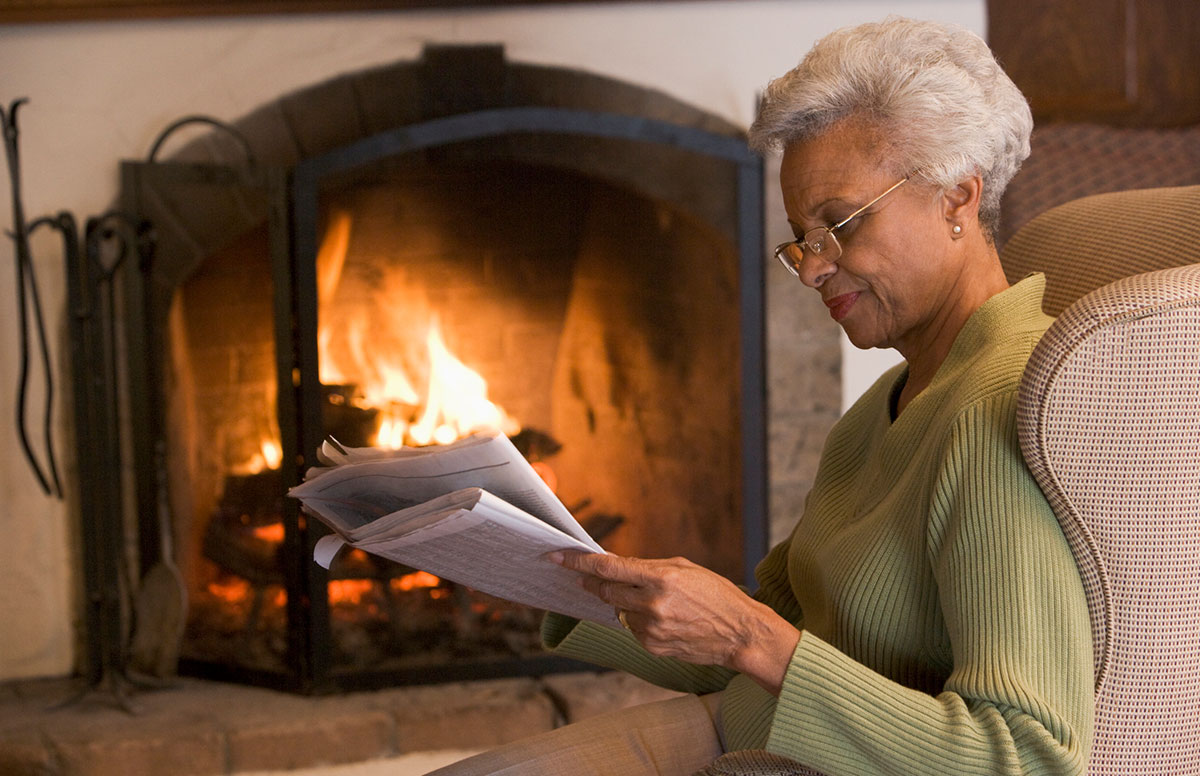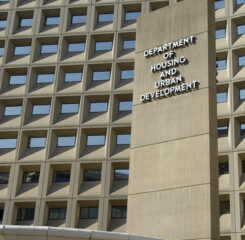CDC Strengthens Recommendation for Second Booster
On May 19, the Centers for Disease Control & Prevention (CDC) released this statement strengthening COVID-19 booster recommendations. Included in this statement is the recommendation that all individuals aged 50 and older should receive a second booster. This strengthening of the recommendation from “may receive” to “should receive” has additionally resulted in a change to the definition of “up to date”. Read below to find out how these changes impact nursing homes.
Vaccine Mandate
The Centers for Medicare & Medicaid Services (CMS) vaccine mandate is not impacted at this time by CDC’s recommendation for a second booster. The rule states that staff must be “fully vaccinated”, meaning that staff must complete a primary vaccination series to be compliant with the rule. CMS has not yet updated the rule to require a first or second booster dose. This rule could be updated in the future to require staff to be up to date with COVID-19 vaccination, but this would require a change to regulation, which cannot be accomplished through sub-regulatory guidance. Note, however, that this rule requires nursing homes to track and securely document the status of individuals receiving any boosters. This requirement would extend to second boosters.
Additionally, recall that nursing homes are required under the COVID-19 Vaccine Immunization for Residents and Staff interim final rule released in May 2021 to educate residents and staff on the benefits of COVID-19 vaccination and to offer vaccination or assist in accessing vaccination as needed. Nursing homes should educate residents and staff on benefits of and eligibility for a second booster and assist residents and staff in accessing the second booster as needed, consistent with this rule.
Up To Date Status and Operations
Individuals aged 50 and older are now required to have a second booster in order to be considered up to date with COVID-19 vaccination. This change in the definition of up to date has implications on use of source control for residents and staff, resident quarantine after admission and close contact exposure, staff work restriction after high-risk exposure, and staff routine screening testing based on community transmission rate.
Residents who are not up to date with COVID-19 vaccination – that is, residents aged 50 and older who are eligible for and have not received a second booster – should continue to wear source control outside their rooms, even in areas of low to moderate community transmission. Additionally, these residents should be placed on transmission-based precautions (quarantine) following close contact exposure and upon admission or readmission to the nursing home.
Staff who are not up to date with COVID-19 vaccination – that is, staff aged 50 and older who are eligible for and have not received a second booster – should continue to wear source control at all times in the nursing home. Additionally, these staff should be restricted from work according to CDC recommendations following high-risk exposure. These staff should also participate in routine screening testing according to community transmission rates per CMS requirement.

Most Recommended
November 08, 2024
 HOTMA: New Rules for Housing
HOTMA: New Rules for Housing
November 06, 2024
 Colleagues on the Move, November 6, 2024
Colleagues on the Move, November 6, 2024
November 06, 2024
 Analysis: What Does the Final CY2025 Home Health Rule Include?
Analysis: What Does the Final CY2025 Home Health Rule Include?
October 29, 2024
Katie Smith Sloan Urges Members to Build a Movement, Take Action
Recently Added
December 13, 2024
CAST Members in the News
December 13, 2024
a2 Pilot Awards Open for AI-based Healthy Aging Projects
December 13, 2024
HUD Finalizes 30-Day Eviction Notification Rule
December 12, 2024



